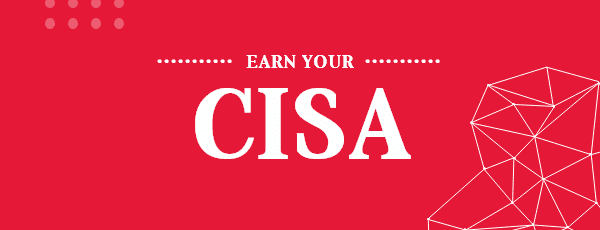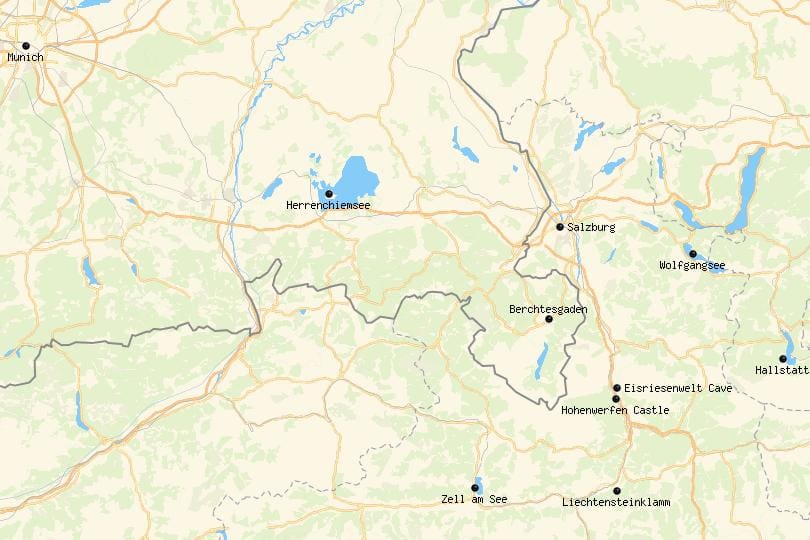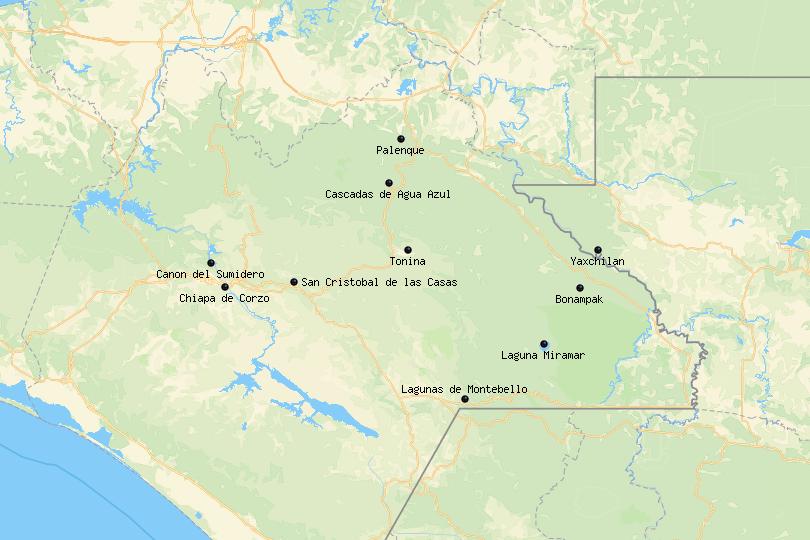The Certified Information Systems Auditor (CISA) certification is one of the most prestigious credentials in the field of information systems auditing, control, and security. Offered by ISACA (Information Systems Audit and Control Association), the CISA certification is globally recognized and highly respected among IT professionals, auditors, and cybersecurity experts. However, before investing time, effort, and money into obtaining this certification, it’s essential to evaluate whether it aligns with your career goals and professional aspirations. In this article, we’ll explore the value of the CISA certification, its benefits, challenges, and whether it’s worth pursuing.
What is the CISA Certification?
Overview
The CISA certification validates an individual’s expertise in auditing, controlling, monitoring, and assessing an organization’s information technology and business systems. It is designed for professionals who work in IT audit, compliance, risk management, and information security. The certification covers five key domains:
- Information System Auditing Process: This domain focuses on planning, executing, and reporting audits of information systems to ensure they align with organizational objectives.
- Governance and Management of IT: Here, candidates learn about IT governance frameworks, policies, and strategies that support business goals.
- Information Systems Acquisition, Development, and Implementation: This domain addresses the lifecycle of IT systems, from acquisition to implementation, ensuring they meet security and operational standards.
- Information Systems Operations and Business Resilience: Candidates study how to maintain system integrity, availability, and resilience while managing risks.
- Protection of Information Assets: This domain emphasizes safeguarding sensitive data through security controls, encryption, and access management.
To earn the CISA certification, candidates must pass a rigorous exam and demonstrate at least five years of relevant work experience in information systems auditing, control, or security. However, certain substitutions and waivers are available for candidates with related qualifications, such as other certifications or advanced degrees.
![Is CISA Worth Getting? A Comprehensive Guide to the Certified Information Systems Auditor Certification 2 Getting Your Cisa Certification [10 Points To Consider]](https://onlinedegrees.sandiego.edu/wp-content/uploads/2022/07/Getting-Your-CISA_Certification-100-2.jpg)
Why Should You Consider the CISA Certification?
1. Global Recognition and Prestige
The CISA certification is globally recognized as the gold standard for IT auditors. Holding a CISA credential signals to employers that you possess advanced knowledge and skills in IT auditing and governance. It enhances your credibility and distinguishes you from other professionals in the field.
- Employer Trust: Organizations trust CISA-certified professionals to ensure compliance, manage risks, and safeguard critical assets. Industries such as finance, healthcare, and government heavily rely on CISA-certified auditors to meet regulatory requirements.
- Industry Demand: With increasing regulatory requirements (e.g., GDPR, HIPAA, SOX) and cyber threats, the demand for skilled IT auditors continues to grow. According to ISACA, there is a significant shortage of qualified IT audit professionals, making CISA-certified individuals highly sought after.
2. Career Advancement Opportunities
Earning the CISA certification can significantly boost your career prospects. It opens doors to senior-level roles such as:
- IT Auditor: Responsible for evaluating an organization’s IT infrastructure and ensuring compliance with policies and regulations.
- Information Security Manager: Oversees the implementation of security measures to protect data and systems.
- Risk Consultant: Advises organizations on identifying, assessing, and mitigating risks related to IT systems.
- Compliance Officer: Ensures that the organization adheres to legal, regulatory, and industry-specific standards.
- Chief Information Security Officer (CISO): Leads the organization’s cybersecurity strategy and operations.
Many organizations prefer or require CISA certification for leadership positions in IT audit and cybersecurity. For example, financial institutions often mandate CISA certification for IT auditors due to the sensitivity of their operations.
3. Higher Earning Potential
Certified professionals often command higher salaries compared to their non-certified counterparts. According to industry reports, CISA-certified individuals earn 20-30% more on average than those without the certification. Here’s a breakdown of potential earnings based on job roles:
- IT Auditor: $80,000–$120,000 annually
- Information Security Manager: $100,000–$150,000 annually
- Risk Consultant: $90,000–$130,000 annually
- CISO: $150,000–$250,000 annually
The investment in obtaining the CISA credential can pay off significantly over the course of your career, especially if you leverage it to secure promotions or transition into higher-paying roles.
4. Skill Enhancement
The CISA certification equips you with specialized knowledge and practical skills in IT auditing and governance. The certification process ensures that you stay updated with the latest trends, frameworks, and best practices in the field, making you a more competent and confident professional.
For instance:
- You’ll gain expertise in auditing frameworks like COBIT, ISO 27001, and NIST.
- You’ll learn how to assess vulnerabilities, design security controls, and implement disaster recovery plans.
- You’ll develop a holistic understanding of IT governance, enabling you to align IT strategies with business objectives.
These skills are not only valuable for passing the exam but also for excelling in real-world scenarios.
5. Networking Opportunities
ISACA provides access to a global network of certified professionals, industry events, and resources. Joining this community allows you to connect with like-minded individuals, share knowledge, and stay informed about emerging trends in IT audit and security.
- Local Chapters: ISACA has chapters worldwide, offering networking events, workshops, and seminars.
- Conferences: Events like ISACA’s annual conference bring together industry leaders, providing opportunities for learning and collaboration.
- Online Forums: ISACA’s online communities allow you to ask questions, share insights, and seek advice from experienced professionals.
Building a strong professional network can lead to job opportunities, mentorship, and collaborations that further enhance your career.

Challenges of Obtaining the CISA Certification
While the CISA certification offers numerous benefits, it also comes with certain challenges that you should consider before committing to the process.
1. Rigorous Exam Preparation
The CISA exam is notoriously challenging and requires extensive preparation. It consists of 150 multiple-choice questions covering the five domains mentioned earlier. Candidates must have a deep understanding of IT auditing principles, frameworks, and methodologies.
- Time Commitment: Preparing for the exam typically takes several months, depending on your prior knowledge and experience. Most candidates dedicate 10-15 hours per week to studying.
- Study Resources: Investing in study materials, practice exams, and training courses can add to the overall cost. Popular resources include:
- Official ISACA Study Guides: Comprehensive books covering all exam domains.
- Practice Exams: Simulate the actual test environment and help identify areas for improvement.
- Training Courses: Online or in-person classes offered by ISACA or third-party providers.
2. Work Experience Requirement
To earn the CISA certification, candidates must demonstrate at least five years of relevant work experience in information systems auditing, control, or security. While substitutions and waivers are available for certain qualifications (e.g., related certifications or degrees), meeting this requirement can be a hurdle for early-career professionals.
For example:
- One year of experience can be waived for holding a related certification (e.g., CISSP, CRISC).
- Two years can be waived for completing a bachelor’s or master’s degree in information security, IT, or a related field.
Despite these allowances, candidates without sufficient experience may need to wait before applying for the certification.
3. Maintenance Costs
Maintaining the CISA certification requires ongoing commitment. Certified professionals must earn Continuing Professional Education (CPE) credits annually and pay maintenance fees to ISACA. This ensures that CISAs stay current with evolving technologies and industry standards.
- CPE Credits: You must earn 20 CPE credits annually (120 over three years). Activities like attending webinars, conferences, or workshops count toward these credits.
- Annual Fees: The maintenance fee is $45 for ISACA members and $85 for non-members.
While these costs are manageable, they represent an ongoing financial commitment.
4. Competitive Field
While the CISA certification enhances your credentials, it does not guarantee job placement or promotions. The IT audit and cybersecurity fields are highly competitive, and success depends on a combination of skills, experience, and networking.
Additionally, the certification alone may not be enough for senior roles. Employers often look for candidates with a mix of technical expertise, leadership abilities, and industry-specific knowledge.
Who Should Pursue the CISA Certification?
The CISA certification is ideal for professionals who:
- Are already working in IT audit, compliance, or risk management and want to advance their careers.
- Aspire to leadership roles in IT governance, cybersecurity, or information systems management.
- Seek global recognition and credibility in the field of IT auditing.
- Want to enhance their technical and managerial skills in IT audit and security.
However, if you’re new to the IT audit field or lack relevant experience, you may want to gain foundational knowledge and work experience before pursuing the CISA certification. Entry-level certifications like CompTIA Security+ or Certified Ethical Hacker (CEH) might be better starting points.
Is the CISA Certification Worth It?
Pros of Getting CISA Certified
- Global Recognition: CISA is highly respected and sought after by employers worldwide.
- Career Growth: Opens doors to senior-level roles and leadership positions.
- Higher Salary Potential: Certified professionals earn significantly more than non-certified peers.
- Skill Development: Enhances your expertise in IT auditing, governance, and risk management.
- Networking Opportunities: Connects you with a global community of certified professionals.
Cons of Getting CISA Certified
- Cost and Time Investment: The certification process can be expensive and time-consuming.
- Rigorous Requirements: Meeting the work experience and exam requirements may pose challenges for some candidates.
- Ongoing Commitment: Maintaining the certification requires annual fees and CPE credits.
Conclusion: Is It Worth It?
For professionals committed to a career in IT audit, compliance, or cybersecurity, the CISA certification is absolutely worth it . It not only validates your expertise but also positions you as a trusted and qualified professional in a competitive job market. However, if you’re just starting your career or unsure about specializing in IT audit, you may want to explore other certifications first.
Ultimately, the decision depends on your career goals, current experience, and willingness to invest in your professional development. If you’re passionate about IT auditing and governance, the CISA certification can be a game-changer for your career.
FAQs About the CISA Certification
- How much does it cost to get CISA certified?
The exam fee ranges from $575 to $760, depending on your membership status with ISACA. Additional costs include study materials, training courses, and annual maintenance fees. - How long does it take to prepare for the CISA exam?
Most candidates spend 3-6 months preparing for the exam, dedicating 10-15 hours per week. - Can I take the CISA exam without work experience?
Yes, you can take the exam before meeting the work experience requirement, but you won’t receive the certification until you fulfill the experience criteria. - What is the passing score for the CISA exam?
The passing score is 450 out of 800. - Is the CISA exam difficult?
Yes, the exam is challenging and requires thorough preparation. Practice exams and study guides are highly recommended. - How long is the CISA certification valid?
The certification is valid indefinitely, provided you meet the annual CPE and maintenance requirements. - What are the prerequisites for CISA certification?
Candidates must pass the exam and demonstrate at least five years of relevant work experience (substitutions are allowed). - How much do CISA-certified professionals earn?
Salaries vary by location and role, but CISA-certified professionals typically earn between $80,000 and $150,000 annually. - Are there alternatives to the CISA certification?
Yes, alternatives include CISSP (Certified Information Systems Security Professional) and CRISC (Certified in Risk and Information Systems Control). - Does CISA certification expire?
No, but you must maintain it by earning CPE credits and paying annual fees.

















